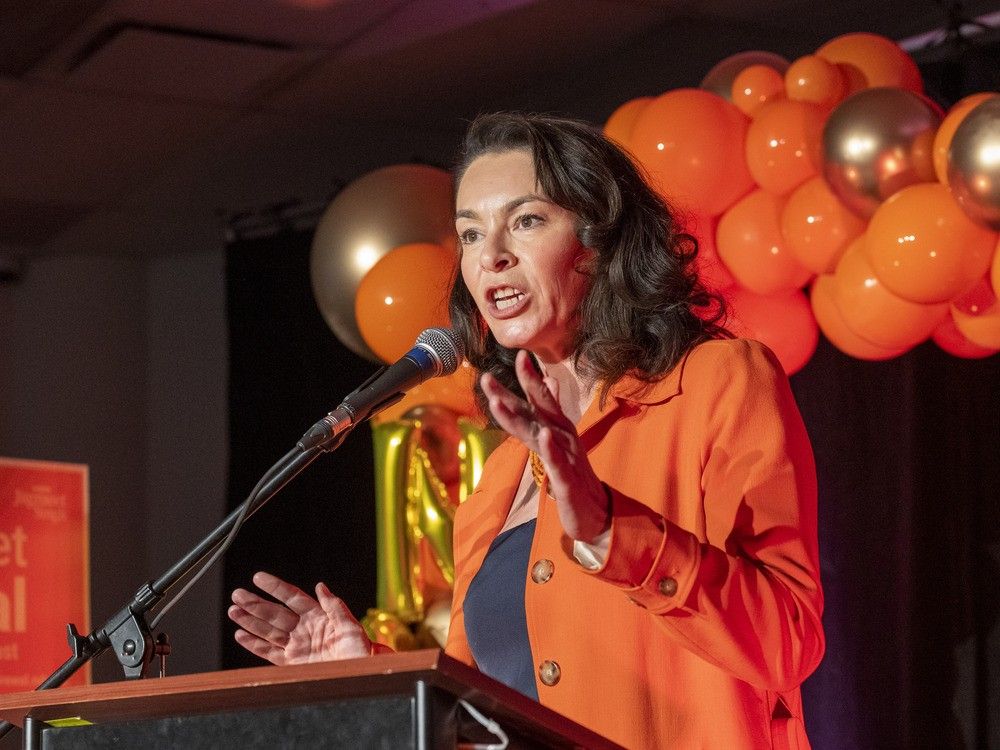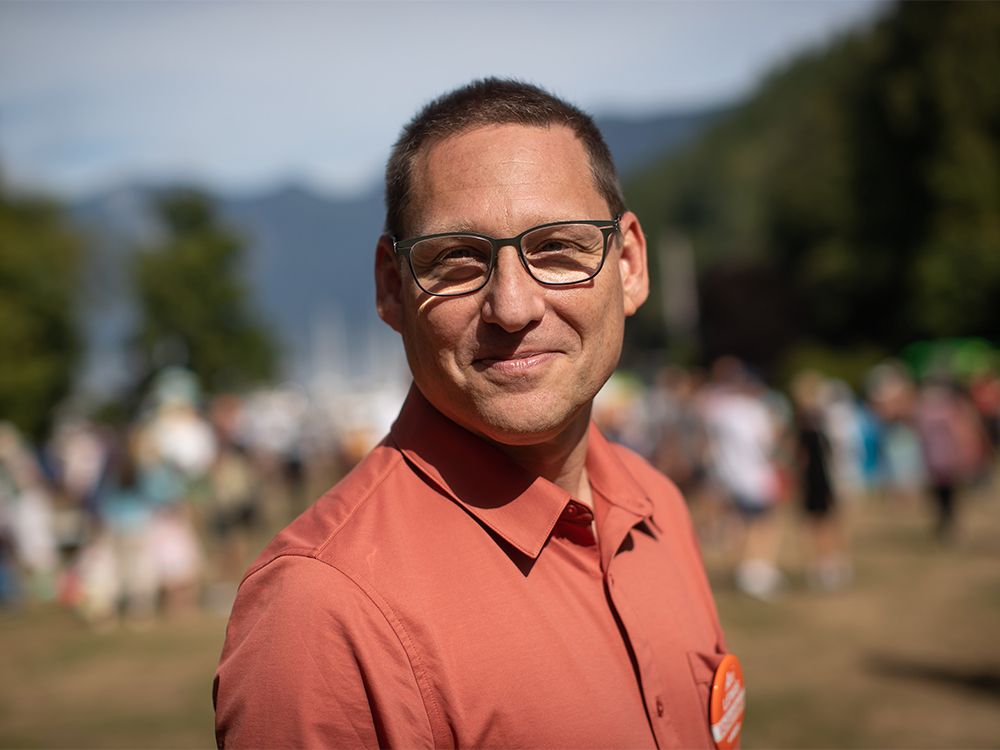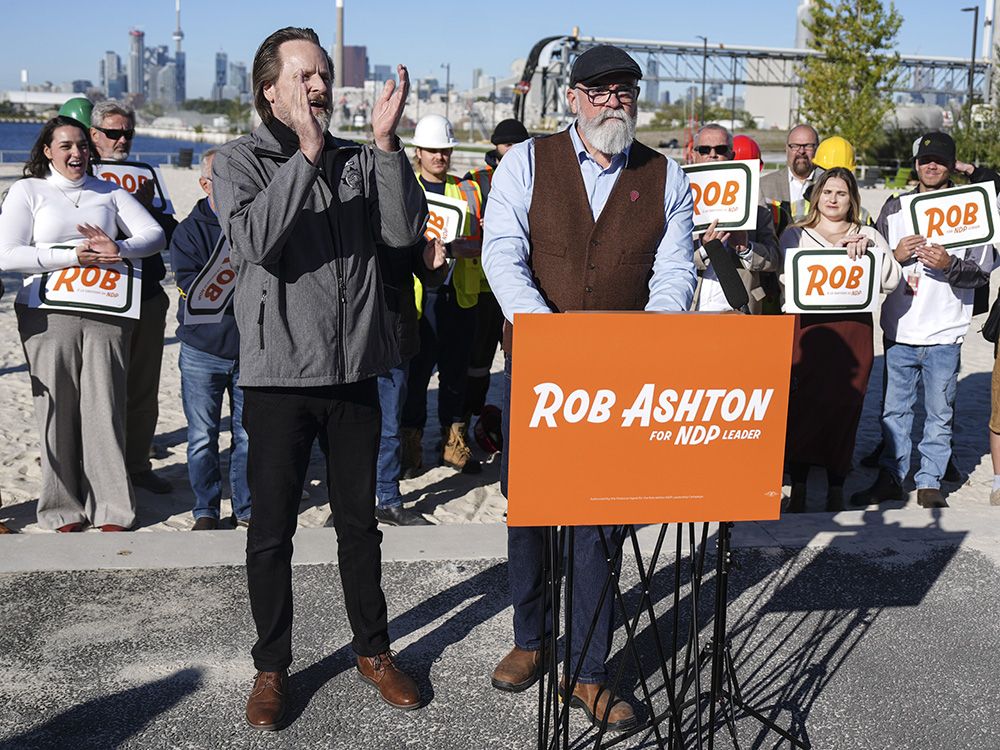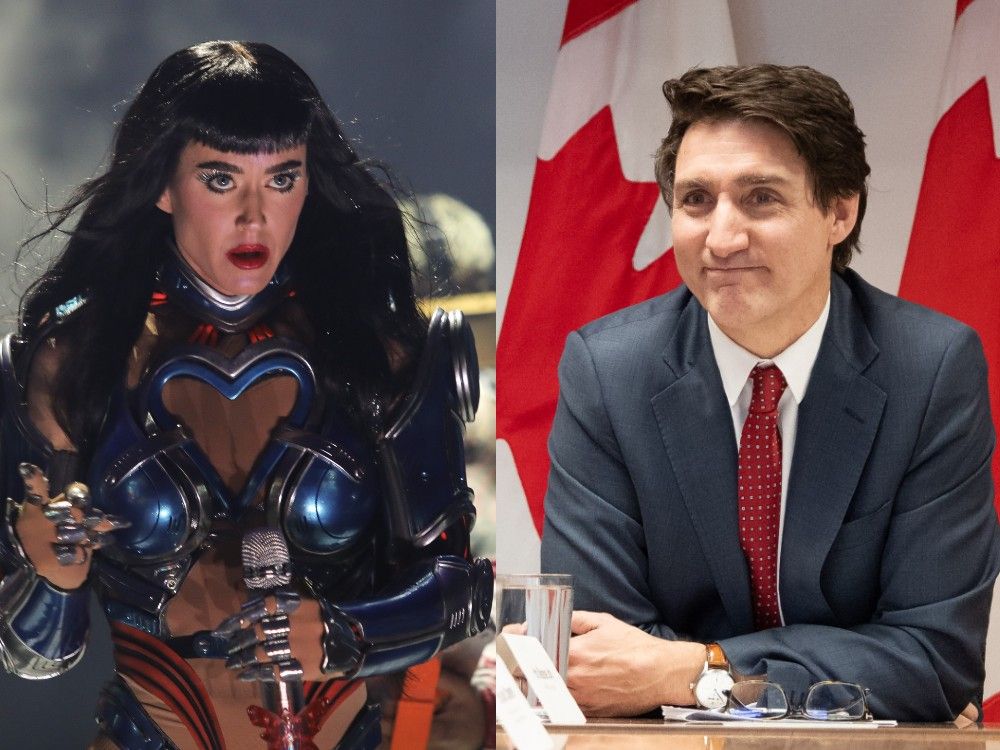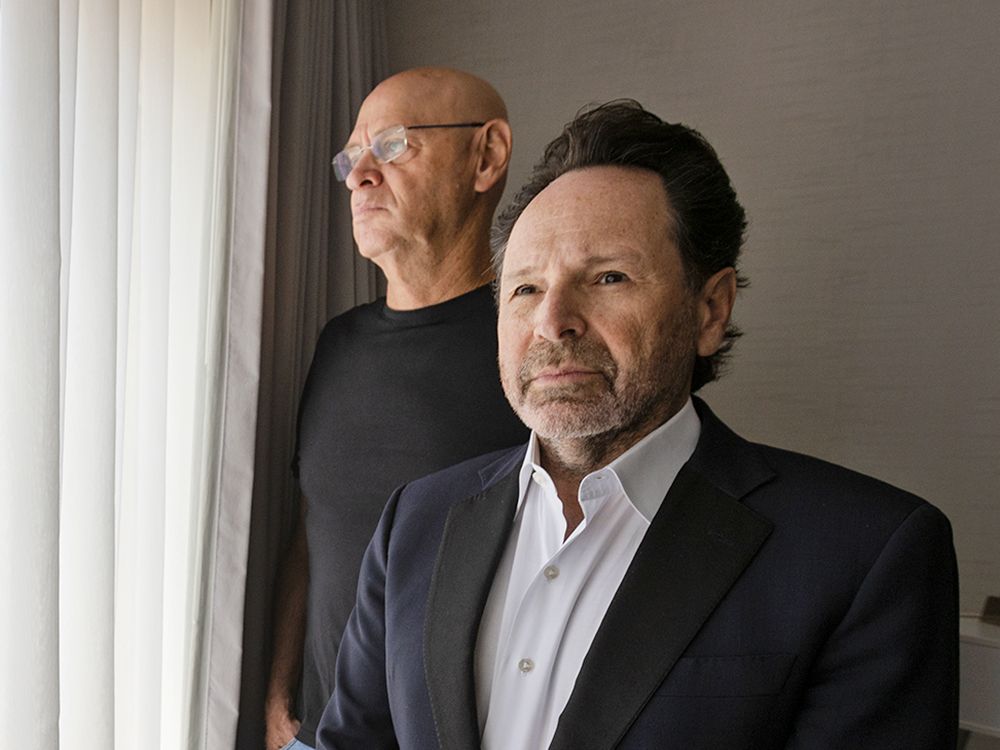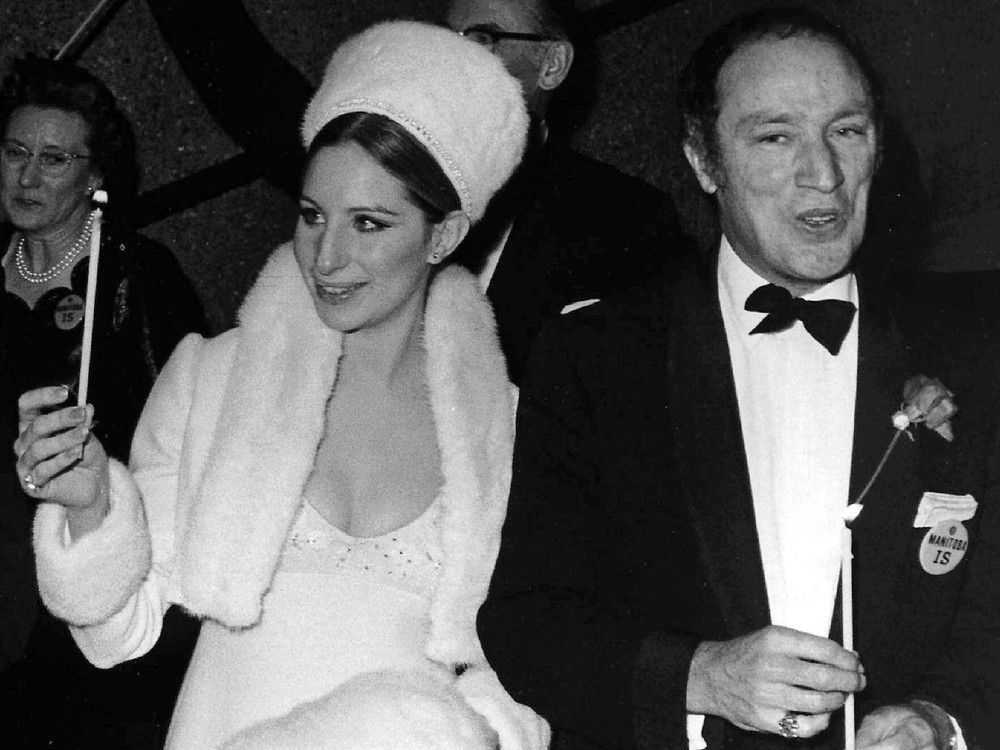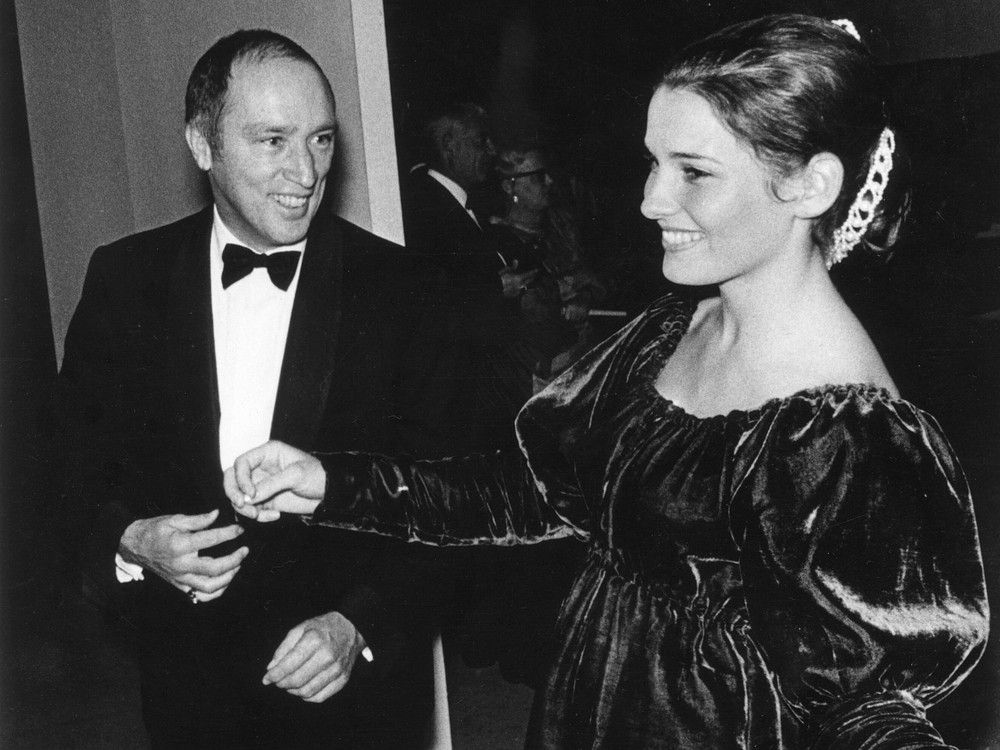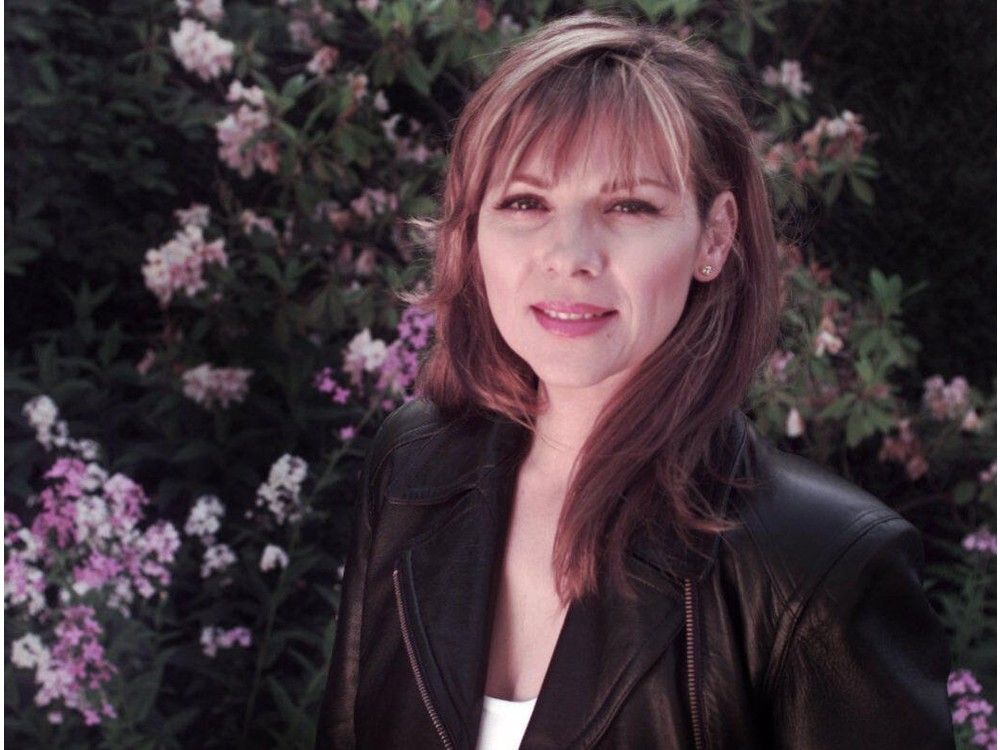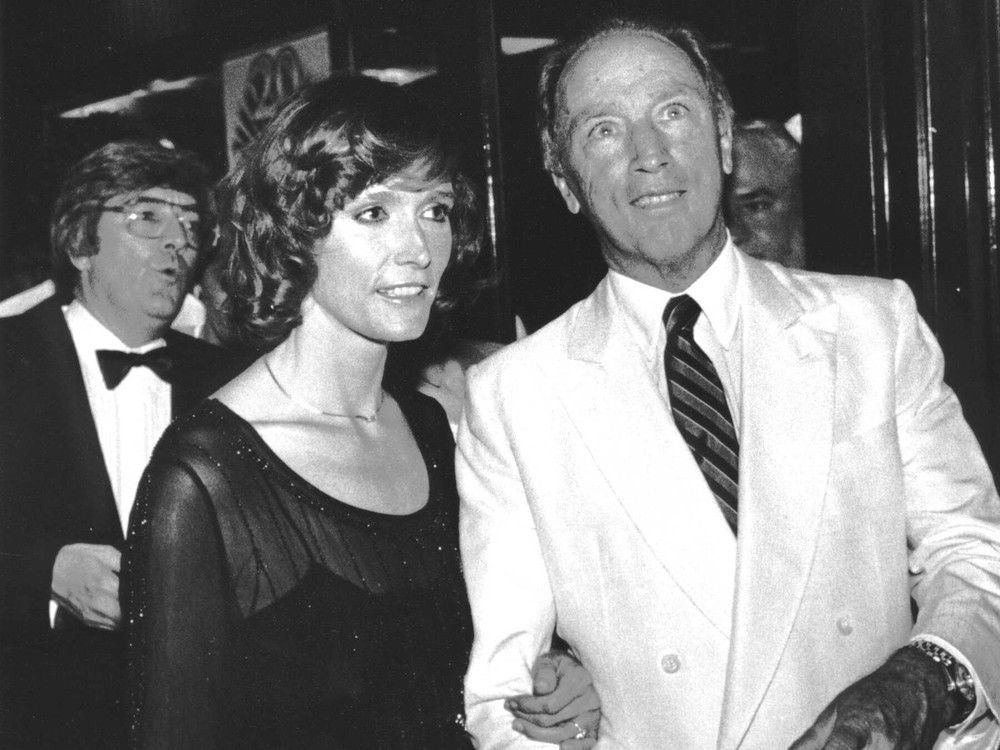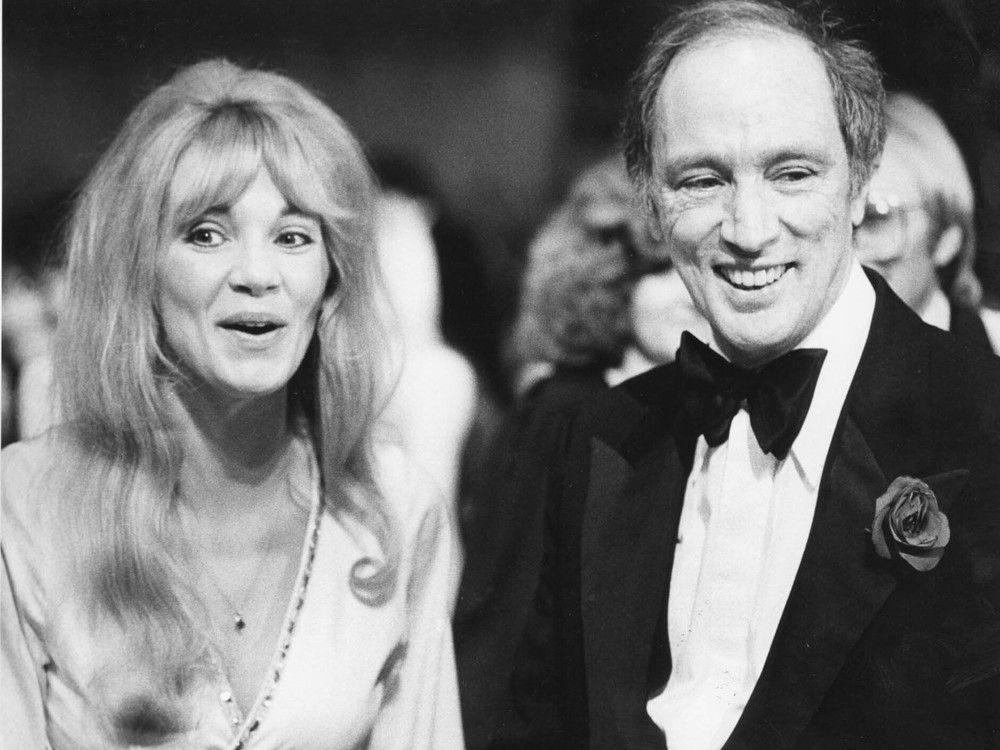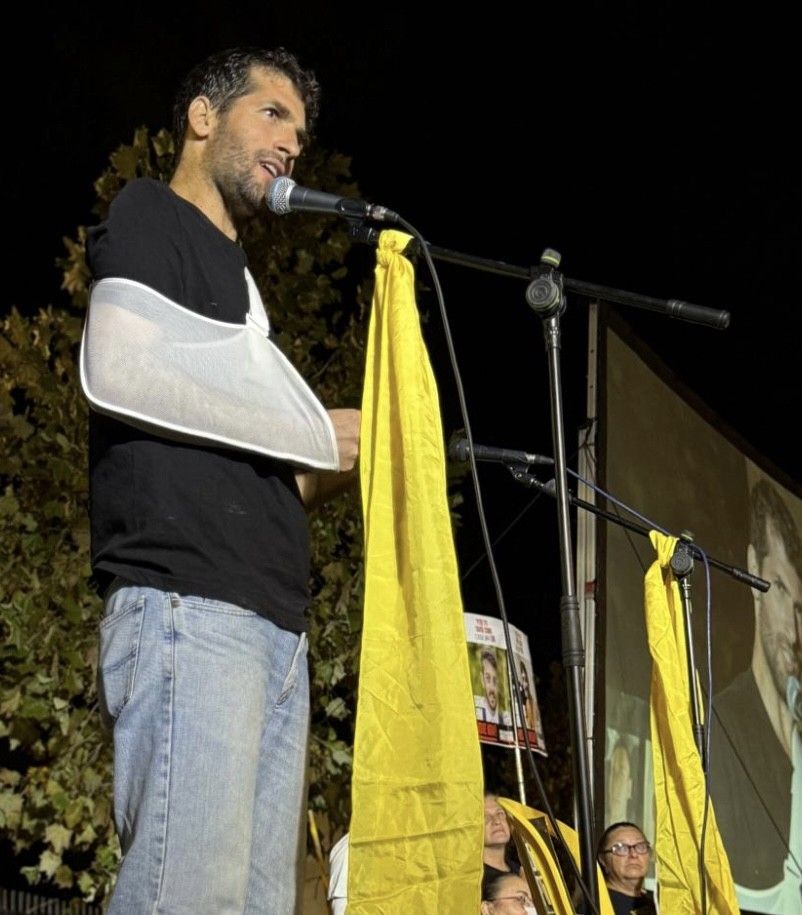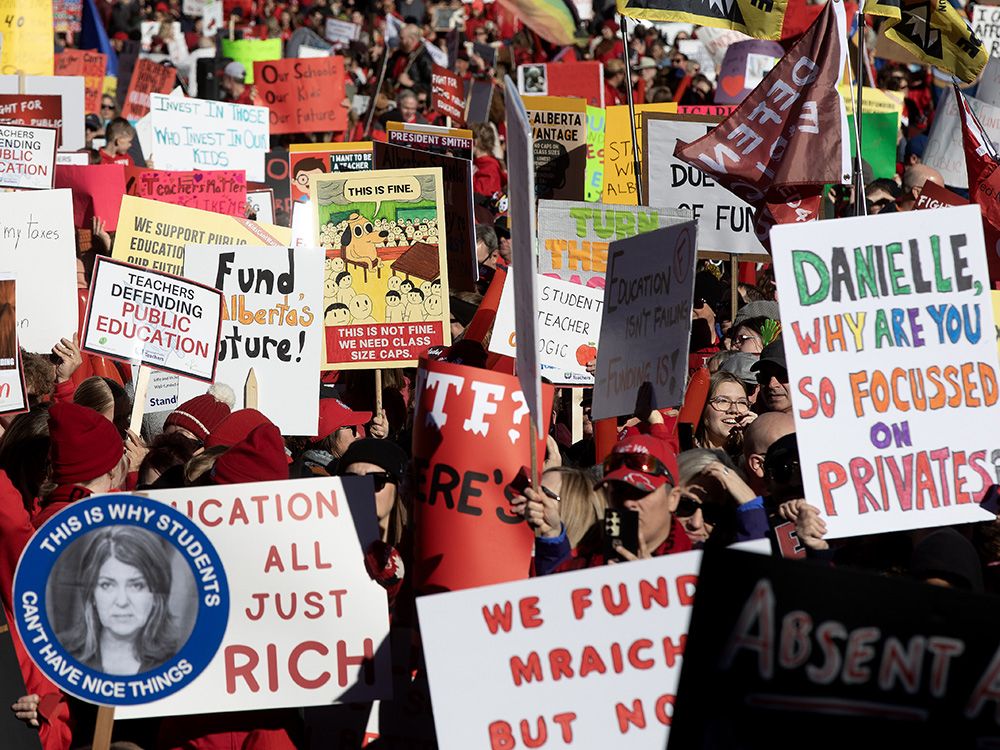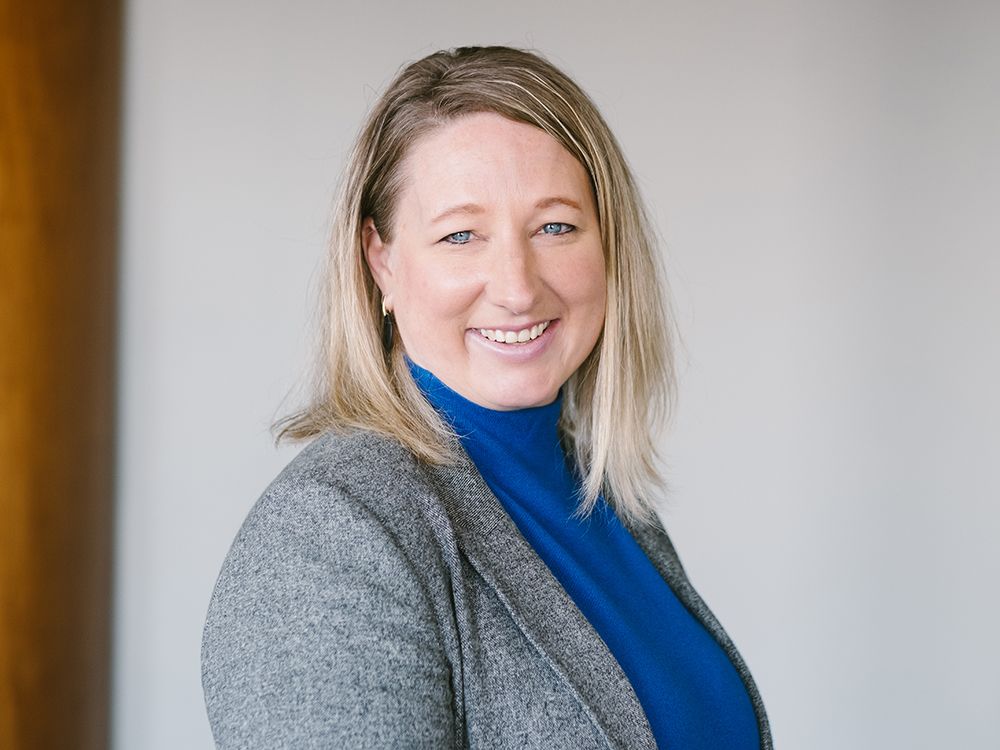
For at least four years, Ontario officials have known that the provincial safety limit for lead in drinking water doesn’t go far enough to protect the public, newly released documents show.
But despite internal proposals about taking action, and dialogue with municipalities regarding changes, no new lead quality standard has been introduced.
Officials at the Ontario Ministry of the Environment met to discuss reducing the province’s lead limit from 10 parts per billion (ppb) to match the federal Health Canada standard of five ppb as far back as June 2021, documents show.
The internal presentation documents — one of which is titled “Minister’s Briefing” and contains what it describes as “confidential advice” on lead in drinking water — were obtained through a freedom of information request by the
Canadian Environmental Law Association
(CELA) and shared with the I
nvestigative Journalism Bureau
.
Lead is a neurotoxin that reaches drinking water through corrosion in pipes and plumbing fixtures. Most dangerous to children, it has been linked to reduced IQ and neurodevelopmental problems in adolescents, as well as health risks including cancer, kidney harm and cognitive decline in adults.
In the June 2021 presentation, provincial officials say that updating the standard for lead would “further reduce the potential for lead exposure and enhance protection of the most vulnerable groups.
“As no level of lead exposure is considered safe, health risk experts support lowering the lead standard to 5 ppb,” the documents add.
According to the presentation slides, officials discussed implementing a new water quality standard for lead by January 2022.
But while the presentation said targeted consultations had begun, and that input from these consultations would be used to build new “draft regulations” concerning lead, no new provincial regulations surrounding water levels have been put in place.
Four years on, it remains unclear whether the province is still considering toughening its lead standard.
Ontario’s Ministry of the Environment did not respond to repeated requests for comment.
The five-ppb guideline was first introduced by Health Canada at the federal level in 2019. Most provinces now heed the new federal standard, but Ontario is still using a limit of 10 ppb.
On June 11, 2021, an IJB analysis revealed that nine per cent of all lead tests in Ontario’s schools and daycares exceeded the federal safety guideline of five ppb.
At the time, in response to reporters’ questions, the environment ministry said in a written statement that “The province is reviewing its current policies and consulting on further actions to reduce levels of lead in drinking water.”
On June 29, 2021, 18 days after the IJB investigation, the briefing presentation discussed toughening the lead limit to meet the federal threshold.
“There are opportunities to streamline and strengthen Ontario’s lead action plan,” the presentation says. “Ontario’s current standard is less stringent than the new guideline and the province has been criticized for not adopting it.”
The presentation states that updating the lead quality standard would “ensure that Ontario remains a leader in drinking water protection.” The documents are partially redacted and do not show specific proposals beyond an implementation timeline.
Though it says the “toxicity of lead is well known,” the presentation also states that at that point, Ontario’s Chief Medical Officer of Health had “not received any reports of lead toxicity in Ontario children that have been linked primarily to drinking water in the last 10 years.”
While the documents indicate provincial officials have been discussing lead in drinking water for years, lead test results have reached levels that some experts say pose dramatic and widespread health risks.
Data from 2023-24 shows 26 municipalities in Ontario reported at least one lead test that exceeded the provincial limit of 10 ppb. Using the federal government’s more stringent five-ppb guideline, the number of municipalities that were reported to have exceeded the level jumps to 38.
Last year, the IJB published a
that revealed nearly half of Ontario’s schools had exceeded lead levels between 2020 and 2024. The IJB has made that data publicly searchable on its
allowing parents and students to search all test results for five years by name of school or daycare.
, an early-childhood health and lead-poisoning expert from Simon Fraser University, said that lowering the provincial limit in 2022, as officials discussed in the documents, could have had a “noticeable impact” on lowering the lead levels in children’s blood.
Miriam Diamond, an environmental sciences expert and professor at the University of Toronto, told the IJB that government inaction on lowering Ontario’s lead standard is a public health failure.
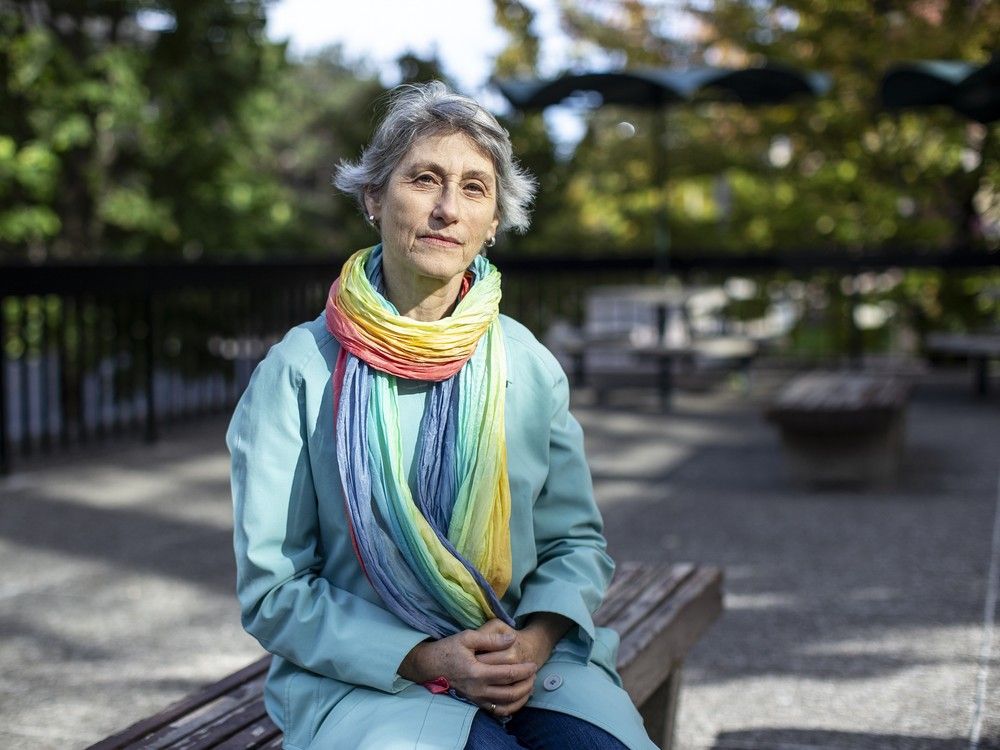
“You’ve got our civil servants doing their work as they should and the frustration is the best advice is not being translated into action,” she said. “It’s painful to see our authorities not following the evidence when people’s health is at risk.”
Partial pipe replacements ineffective
Underground lead-service lines, which connect buildings to water mains, are the prime source of lead in drinking water.
In Ontario, municipalities are responsible for ensuring tap water doesn’t exceed the province’s lead standards. If it does, the presentation briefing seen by the IJB points out, municipalities have to “develop comprehensive lead service line replacement programs and/or lead corrosion control plans.”
However, this process is expensive, and complicated by the fact that these lines are jointly owned by municipalities and homeowners, leading to fractured responsibility between residents and officialdom.
A new CELA report released today says the majority of Ontario municipalities make it optional for property owners to replace lead-service lines on the owner’s side of the property line.
Replacing only the part of the line the municipality is responsible for “leaves dangerous lead infrastructure in place” and increases the risk of lead exposure in the short-term, says the report.
CELA has called on the Ontario government to pass a law that would prohibit partial lead pipe replacements and outline financial support plans to cover replacement costs for residents.
“Given their powers over water systems and property standards, Ontario municipalities are in a unique position to enable faster and more effective removal of lead drinking water infrastructure,” CELA notes in its report.
Some Canadian municipalities, including Saskatoon, Québec City and Montreal have mandated full replacement of any lead piping used for drinking water.
In Ontario, Hamilton has a bylaw prohibiting residential buildings connected to the city water supply from having lead pipes, unless the city portion of that water system itself contains lead.
Meanwhile, the agency responsible for water in the Halifax Regional Municipality has pledged to replace all lead pipes by 2038, “at no cost to the property owner.”
The CELA report’s lead author, Julie Mutis, said that mandating full lead pipe replacement is a “matter of changing the status quo.”
“Lead in water is something that is not flashy. You can’t see it, you can’t taste it. But it’s always having a society-wide impact … We hope that there are municipalities out there that are excited about doing … the right thing about lead.”

— With files from Masih Khalatbari.
The Investigative Journalism Bureau (IJB) at the University of Toronto’s Dalla Lana School of Public Health is a collaborative investigative newsroom supported by Postmedia that partners with academics, researchers and journalists while training the next generation of investigative reporters.
Our website is the place for the latest breaking news, exclusive scoops, longreads and provocative commentary. Please bookmark nationalpost.com and sign up for our newsletters here.




